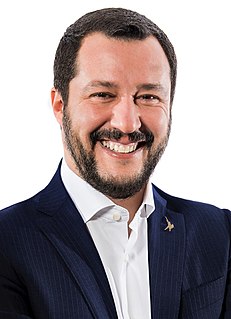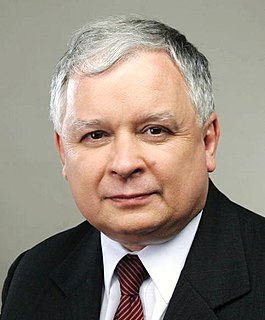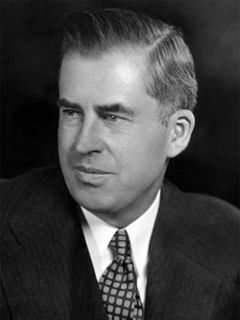A Quote by Paolo Gentiloni
It is clear that several countries, in the Balkans for example, need to be considered countries of safe origin. But others like, in my opinion, Eritrea, undoubtedly need to be considered a country of origin with a valid claim to asylum. And with a third group of states, like Nigeria for example, each individual case needs to be evaluated. Then there are also very controversial cases like Afghanistan. In any case, united European action is needed. This argument for Europeanization may sound utopian, but there is no alternative.
Quote Topics
Action
Afghanistan
Also
Alternative
Any
Argument
Asylum
Balkans
Case
Cases
Claim
Clear
Considered
Controversial
Countries
Country
Each
Each Individual
Eritrea
European
Example
For Example
Group
In My Opinion
Individual
Like
May
Need
Needed
Needs
Nigeria
Opinion
Origin
Others
Safe
Several
Sound
States
Then
Third
Undoubtedly
United
Utopian
Valid
Very
Related Quotes
Dysfunctional states like Afghanistan need business people who are deeply rooted in their country and invest in it. They can add stability. But all development programs of the United States and the European countries unfortunately exclude the private sector, which could make investments based on profitability.
Membership in the European Community, now the European Union, has enabled Ireland to re-find its sense of participation - cultural, political, social - at the European level. I think that also opens up possibilities for Ireland as a European country to look outward - to look particularly, for example, at countries to which a lot of Irish people emigrated, to our links - our human links - with the United States, with Canada, with Australia, with New Zealand. And to look also, because of our history, at our links to the developing countries.
By the end of the 1960s, the United States owned more than half of the Indian rupee money supply, and that had been acquired through food aid. So I think it's very interesting to see the very long history of how sovereignty and food go together. When some countries remove another country's ability to feed itself, it is a very powerful tool. Imperialist countries, like the United Kingdom, like the United States, have used it for centuries.
Continuous wars - which we have now had since 2001 - starting with Afghanistan, continuing on to Iraq. And even since Iraq, it's been more or less continuous. The appalling war in Libya, which has wrecked that country and wrecked that part of the world, and which isn't over by any means. The indirect Western intervention in Syria, which has created new monsters. These are policies, which if carried out by any individual government, would be considered extremist. Now, they're being carried out collectively by the United States, backed by some of the countries of the European Union.
Many European countries are fascinated with minorities from the United States. They still see this country as a world power and they covet that power...I was approached by a professor once at the Sorbonne in Paris and asked about racism in this country, and when I reflected on racism on the streets of Paris - you know, I'd be considered an Arab there -well, she didn't want to address that...It just goes to show it was easier for Europeans to study racism in the United States than it is from within the belly of the beast.
Give us detailed, testable, mechanistic accounts for the origin of life, the origin of the genetic code, the origin of ubiquitous bio macromolecules and assemblages like the ribosome, and the origin of molecular machines like the bacterial flagellum, and intelligent design will die a quick and painless death.
Except in a few cases like Music for Airports, which was a very clear case of noticing a niche [and] saying, "Okay, there's this situation in which people always play music, and nobody has written music for that situation so I'm going to." So, that was a very clear example of spotting a niche and working for it. I have done that occasionally.


































